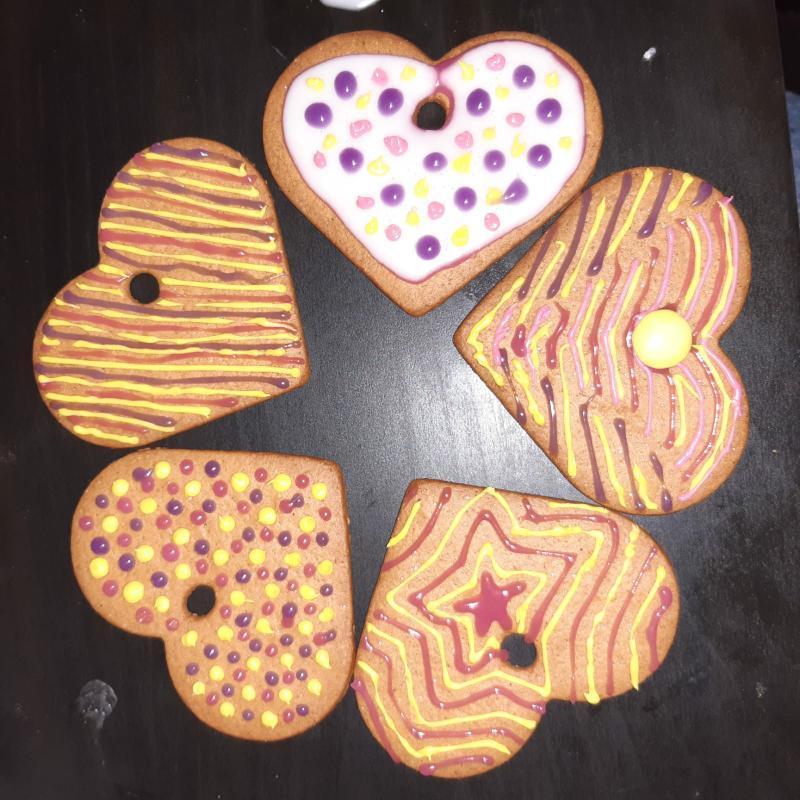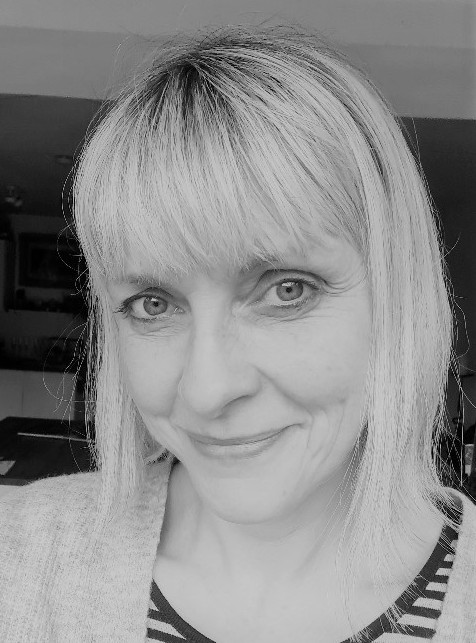
In this post, Shian Holt attempts to answer the question: What do research students want from their academic student community? Shian is Head of Student Support & Enhancement in the School of Philosophy, Psychology & Language Sciences (PPLS). This post is part of the Building Community Learning and Teaching Enhancement Theme.
As the majority of research students embark on a solo expedition into research, and start their PhDs with a broad spectrum of life experience, there is no template for what a research student needs or expects from their academic student community.
The career students who come straight through undergraduate to postgraduate and research education are at very different stages in their lives to the research students who have returned to develop their professional skills. Then, there is the financial aspect. As many research students self-fund, or need to top-up their stipend, there is a constant pressure to be employed. Finding a work/life balance with their research can be a challenge.
The common narratives around the PhD student experience is that it will be hard, you will want to give up, writing-up is awful, and then, at the end of it all, you won’t be able to get your dream job. You start to wonder why, within this context, anyone would start a PhD in the first place? Whilst there are truths in this narrative, at the same time PhD students have lots of shared experiences, whether this is in their personal lives, the challenges they face at different key points in their research, or during the last two years where the devastating impact of the pandemic has affected their ability to continue or complete their research. If community was important for PhD students in the past – to build solidarity with student colleagues and academic faculty, whilst pursuing your research degree – this has been magnified two-fold over the last two years.
As a group, research students were profoundly affected by the lock downs because they were less likely to be living in larger groups. Many were living in small apartments, with no space to set up a separate office or work space, and their research necessitated lab or research participant work that could not be simply moved online. Pre-pandemic, the very nature of their research lives had already reduced their social contact, and this effect was only sharpened during the lockdowns.
How have colleagues in PPLS been creating a PhD student community?
- Coaching for academic success and wellbeing
In 2022, the School of Philosophy, Psychology & Language Sciences (PPLS) organised coaching for academic success and wellbeing, providing an opportunity for PhD students to share and reflect on current progress with their study or life plans, and help to identify actions in order to move forward. The coaching was very well received, and we plan to offer this again next year.
- Return to office
The return of access to shared offices and labs has been hugely beneficial in rebuilding the student community. We have greatly missed informal conversations and catch ups, meeting new colleagues and developing networks and friendships. Bumping into other researchers and academic colleagues in the corridor, with impromptu catch ups over the kettle, has never been more important.
- Student community activities
The additional isolation created by the pandemic years has created a momentum within the research student body to recover a sense of community. PPLS PhD students have be nominated for multiple awards for their community initiatives, including CommuniTEA, where students come together regularly to discuss particular topics over coffee and cake. The students have also reviewed their regular seminar or speaker series, for example Work in Progress, and widened the audience, by inviting all research students from the school rather than just their subject area.
- Student Staff Initiative Fund
We have a Student Staff Initiative Fund that all students can apply to, which has been effective at empowering students to identify what they need, and then helping to facilitate, rather than deliver on their behalf. There is a universality to the student and staff experience, where both parties feel most comfortable spending time together around their shared interest in their subject. This provides a natural meeting space, so helping students identify the purpose of their event is key to making this a success. With the return to in-person, this fund has proven a useful focus. Students have been organising writing sessions with refreshments, social events to mark the end of semester, and activities to being their group together from ceramic making to writing retreats.

- Research staff and student collective developments
For the year ahead, PPLS postgraduate research staff and students will continue to work collectively, whether that’s on new developments for the PGR HUB led by the Postgraduate Office, or the Psychology department setting up a buddy system for new PhD students. We still have a way to go, but we are making progress. If you are currently working on or have experience in building community with research students, that you would like to share, please do get in touch: sholt@ed.ac.uk.
 Shian Holt
Shian Holt
With over eight years in higher education, Shian has been developing and delivering strategic support and services for students. Shian is a qualified coach, and has more than 20 years’ experience of working in complex environments, Commercial and Third Sector, including project delivery and line management.

